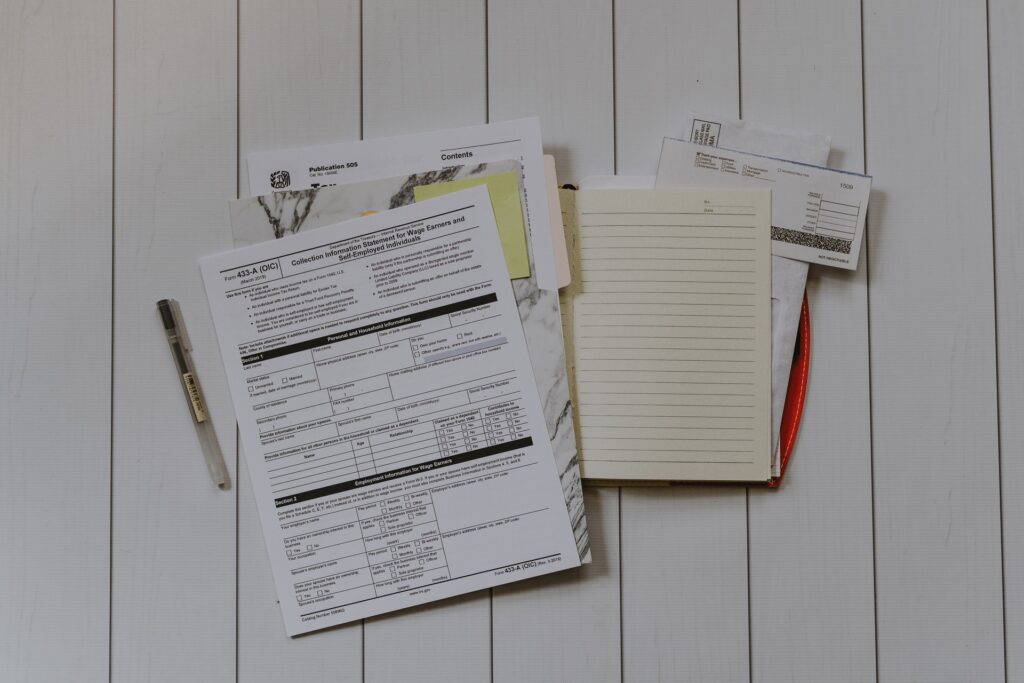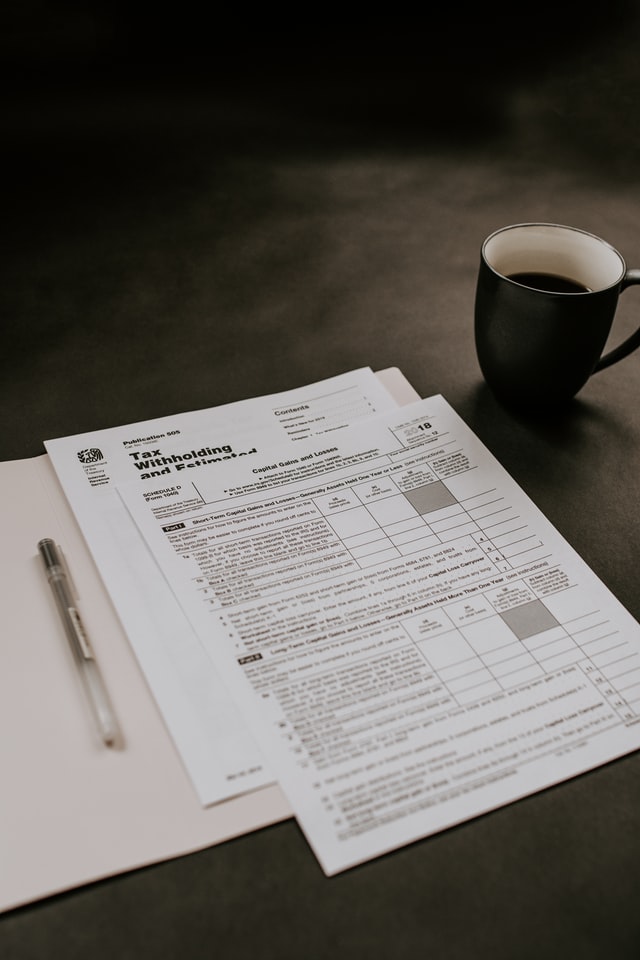Tax Returns for Freelancers: 4 Things You Should Know
Working as a freelancer can be a liberating experience. You get to choose your clients, be your own boss, set your own schedule, among other perks. The promise of independence and flexibility has drawn more people to take up freelancing full-time. A 2019 Upwork study revealed that over 57 million Americans do freelance work, representing 35% of the workforce.
However, running a freelance business also comes with increased responsibilities.
In most jobs, employers deduct your taxes from your paycheck, including your share of employment taxes such as Social Security and Medicare taxes, and pay it directly to the government. On the other hand, freelancers and independent contractors need to figure out their tax liability and file their tax returns themselves.
Here are a few things that will help you prepare for freelance taxes.
What taxes do I need to pay?
The Internal Revenue Service (IRS) considers you self-employed if you earn $400 or more in a year from freelance work. You’ll need to pay your standard income taxes which are based on your tax bracket and filing status.
You also need to pay a self-employment tax rate of 15.3% for social security and Medicare. Since you’re working for yourself, the IRS considers you a business owner, and you’ll need to cover the full cost. But with this you must be aware of how much each costs depending in the country you are in, you may research about “How Much is VAT in UK” if you are in UK and take this into consideration when calculating your tax.
Independent contractor vs. Freelancer
These terms are often used interchangeably, which can create some confusion. However, freelancers are basically the same as independent contractors.
The IRS has clarified that a worker can only be considered an independent contractor if the client only has control over the result of the work and not how things are done. There should also be no formal employer-employee relationship.
What form do I use?
Whether you call yourself an independent contractor or a freelancer, you’ll need to use the 1099 form to report your income. It’s important to stay ahead of tax time to prevent errors on your freelance tax form.
You should also receive a 1099-MISC form from each client who pays you $600 or more. If you use an online system such as PayPal to receive payments, you can ask for a 1099-K form from the financial intermediary.
Use a Schedule C attachment to report your income and expenses. Don’t forget to report all your income, even from payers who didn’t send a 1099 form.
Freelancer tax deductions
Everyone loves tax deductions. You get to reduce your tax bill and keep more money in the bank. Independent contractors and freelancers can take advantage of tax deductions to reduce their tax liability. Make sure to claim deductions on expenses that are related to your freelancing work.
For instance, if you regularly work at home, the home office deduction allows you to claim costs such as your home utility bills (e.g. electricity, internet, phone), mortgage interest, homeowners insurance, and repairs as a business expense. You might need to prepare a detailed floor plan of your home office in the event of a field audit.
You can also claim other expenses such as office supplies, new equipment, software subscriptions and purchases, business meals, and marketing costs (e.g. Facebook ads).
Store all your invoices and receipts in a safe location and record every expense to ensure your records are accurate. You may be working solo, but the IRS still considers you a business, so it’s important to maintain accurate and detailed financial records.
We know that it’s not easy to define what expenses can qualify as ordinary and necessary. To make sure that you’re maximizing your deductions and minimizing your tax liability, contact the tax experts at TFX. You can have a phone consultation, or you can get your tax return prepared by an experienced CPA — it’s your call.





